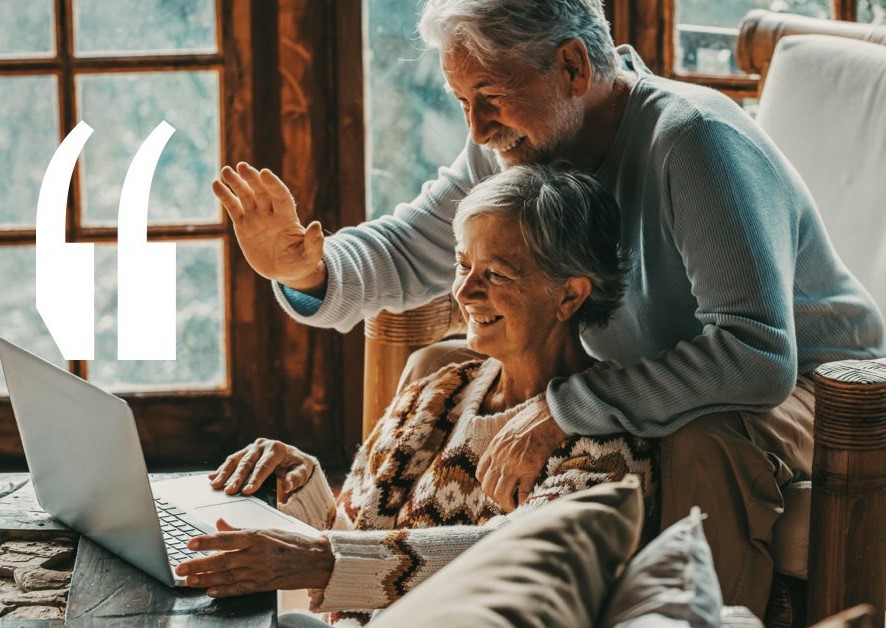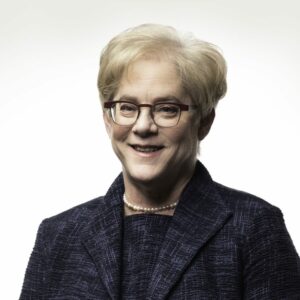
Rural Albertans who need mental health support during the upcoming holiday season or in the future have a new way to connect to affordable help.
Virtual and phone counselling sessions can now be booked through Counselling Alberta, a division of the Calgary Counselling Centre.
“The province [recognized] that there needed to be some help for rural Alberta and from the research they saw it as a priority,” said Dr. Robbie Babins-Wagner, CEO of the Calgary Counselling Centre, a non-profit organization that recently expanded their services through a collaboration with Alberta Health.
Her group started counselling in the Calgary area 60 years ago and recently noted a rise in clients from outside of the city limits.
Counselling Alberta has fielded about 800 to 1,100 rural referrals each month since it expanded its mandate province wide in June. Appointments are based on a sliding income scale ranging from $8 to $20 per hour.
While mental health challenges differ throughout Alberta, rural and urban folks also face some similarities such as “depression, anxiety, stress, financial stress,” said Dr. Babins-Wagner.
Born out of necessity during the pandemic, virtual counselling continues to help to bridge the gap for those who can’t make an in-person appointment.
“Virtual care has provided an opportunity that probably didn’t exist in the same way prior to the pandemic,” she said.
“Our outcomes show that when we compare virtual care to five years of in-person care, results were at minimum the same as with in-person care and in the majority of times were, in fact, better than with in-person counselling.”
Dr. Babins-Wagner said the game-changer for virtual care was the time saved in travel and other logistics such as parking and childcare.
“It’s really accessible—a one-hour counselling session is an hour counselling session.”
“It’s way less disruptive to [clients] to do this virtually than it is to do it in-person. And looking now in our Calgary office, we’re providing some in-person service to those people who are asking, [but] I’m not sure we’ll ever go back to 100 per cent in-person.”
“Our outcomes show that when we compare virtual care to five years of in-person care, results were at minimum the same as with in-person care and in the majority of times were, in fact, better than with in-person counselling.” — Dr. Robbie Babins-Wagner
Counselling Alberta is currently making plans to set up in-person options for people who still want to see a counsellor face to face. Six sites within 45 minutes to an hour of a major centre will be unveiled in the coming months.
In the meantime, 35 staff counsellors and another 70 practicum students and post graduate students from across Western Canada are available to provide virtual care in 17 different languages. Students are fully supervised, and Dr. Babins-Wagner said they have a good track record.

— Photo supplied by Counselling Alberta
“I think clients really want to help [students] succeed,” she said, noting that the counselling centre is fully transparent when using students or post-graduates.
Counselling services are available Monday to Saturday and can be reached through counsellingalberta.com or calgarycounselling.com
If additional resources are required, Counselling Alberta can also connect people to additional resources through the 211 Hotline, a helpline and online database featuring Alberta’s community and social services, she said.
With winter settling in and the holidays not far away, Dr. Babins-Wagner said it’s a time when counselling needs often increase.
So, when should a person consider counselling?
“When you try to do the normal things you do and it’s not making a difference,” she said.
“I always tell people to start by talking to friends, colleagues, [and] people that they know [who] may have sought counselling and get some advice if they can. And if they try that and it doesn’t work, that’s the point to seek [outside] help.
“We’re really here to help.”
— Lorena Franchuk
